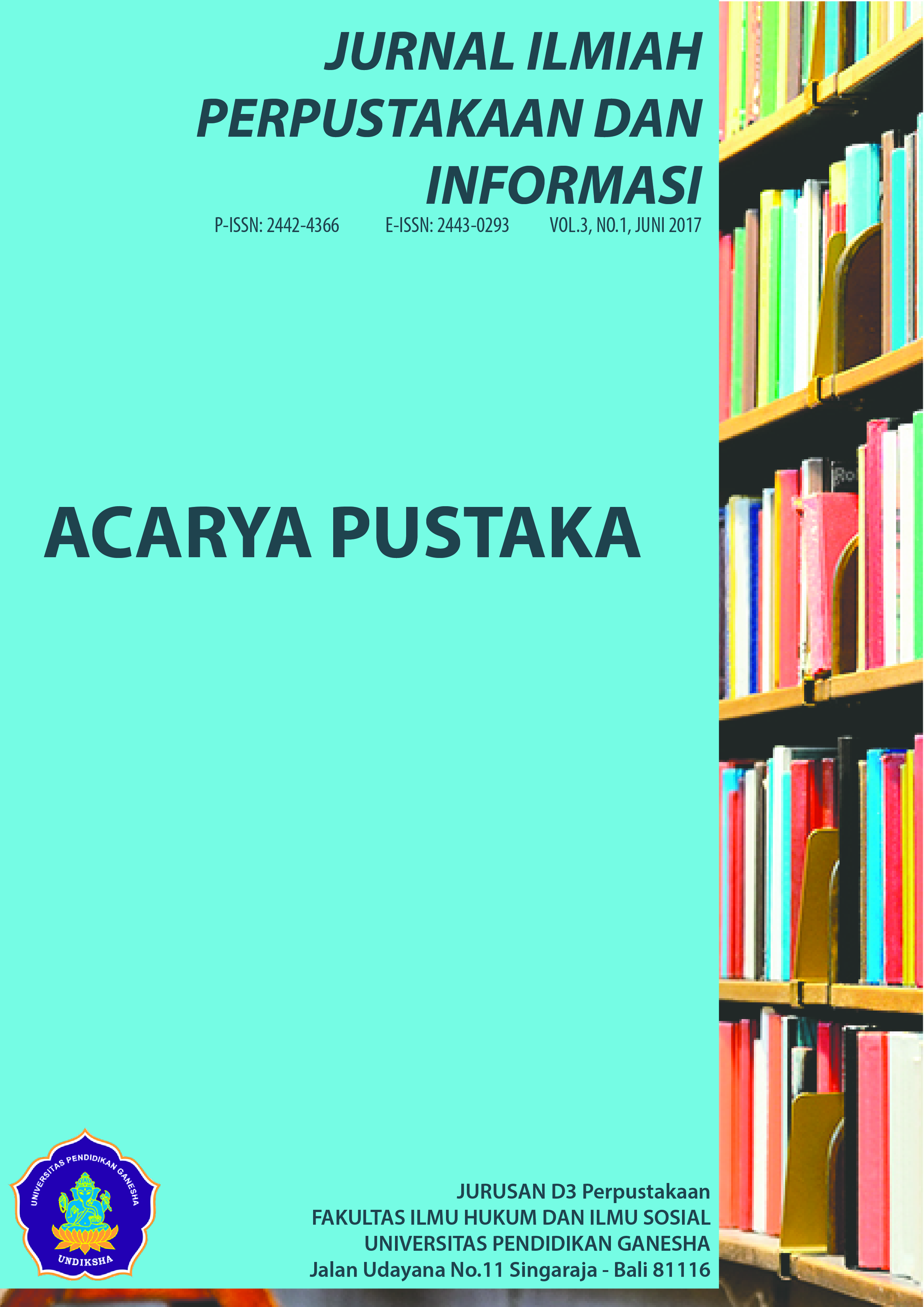PARADIGMA ANALISIS WACANA DALAM MEMAHAMI TEKS DAN KONTEKS UNTUK MENINGKATKAN KEMAMPUAN MEMBACA PEMAHAMAN
DOI:
https://doi.org/10.23887/ap.v3i1.12732Abstract
Understanding the contents of the reading is achieved when appropriate paradigm of discourse analysis is used. Therefore, the mastery of the discourse analysis paradigm is very important to be mastered by the reader in order to understand the text and context of the discourse. Basically, there are three paradigms in discourse analysis, namely positivism-empirical (commonly called positivism), constructivism, and critical paradigm. Description about the discourse analysis paradigm is expected to be useful for students and teachers / lecturers who conduct study discourse analysis so that it can facilitate them in conducting discourse analysis by departing from one of these paradigms. Based on the view of the formalist (positivism-empirical paradigm), it is understandable that examining a discourse in principle is to examine the potential relationship between one sentence and another in relation to the syntax and semantics. From the functionalist's point of view (constructivism paradigm), discourse analysis is attempted as an analysis to uncover the meaning and meaning behind the discourse. Discourse analysis is an effort to reveal the hidden intent of the subject which expresses a statement by placing itself in the speaker's position with an interpretation that follows the structure of the speaker's meaning. Meanwhile, according to the critical paradigm, discourse is not understood solely as a study of language, although in the end, discourse analysis does use the language in the text to be analyzed. However, the language analyzed according to the paradigm of dialectical analysis is somewhat different from the study of language in the traditional linguistic sense. The language analyzed is not merely a description of the language aspect, but also relates it to the context.
Keywords: paradigm, discourse analysis, text and context, reading

